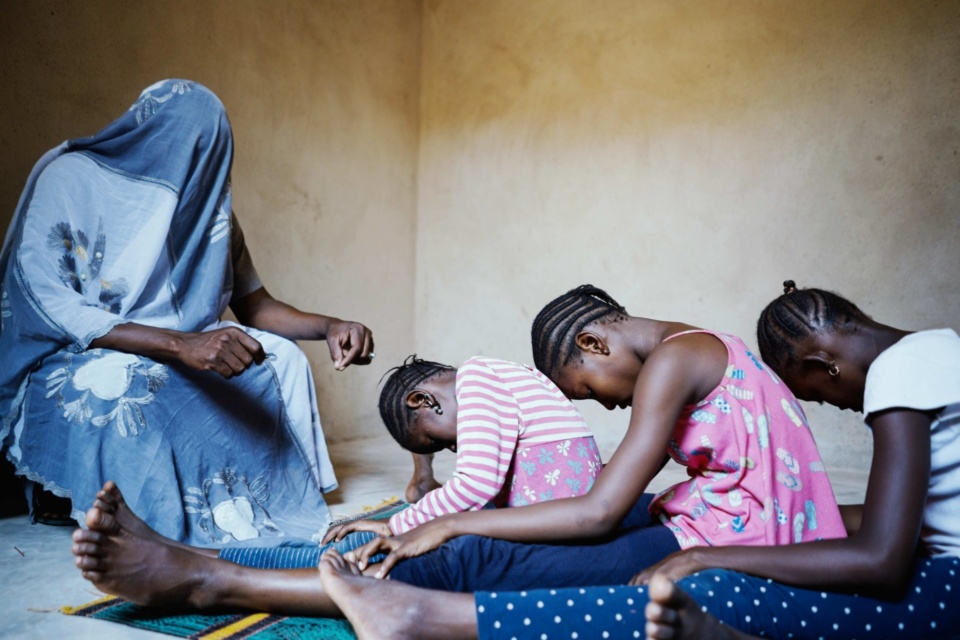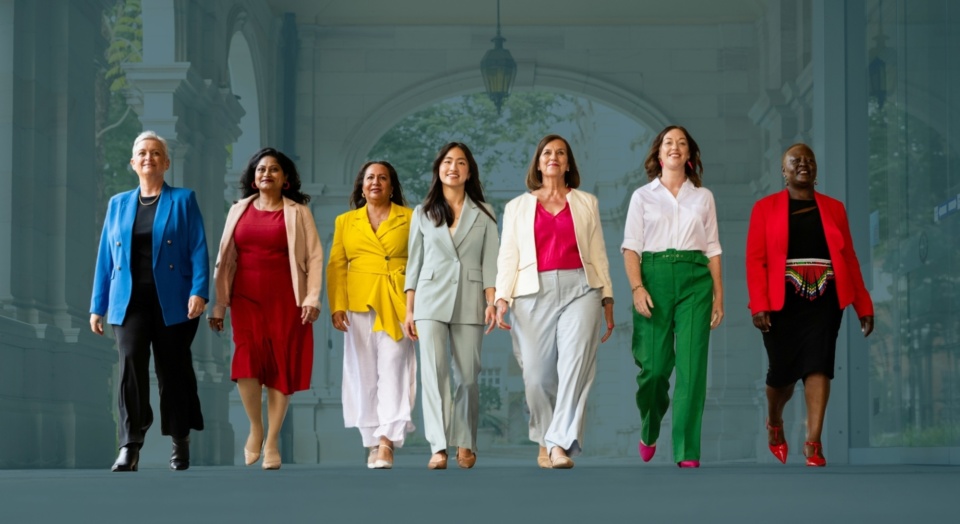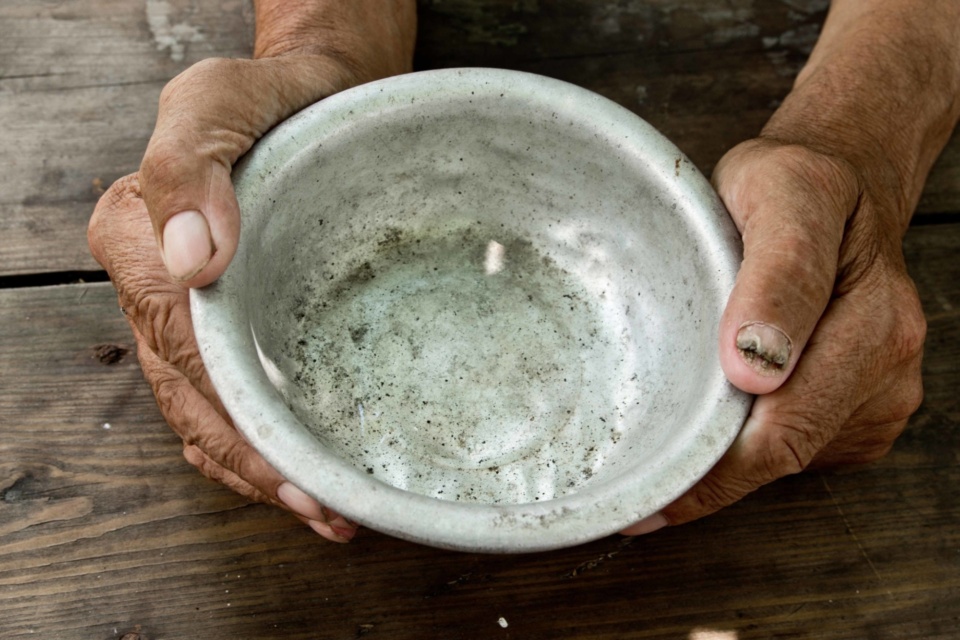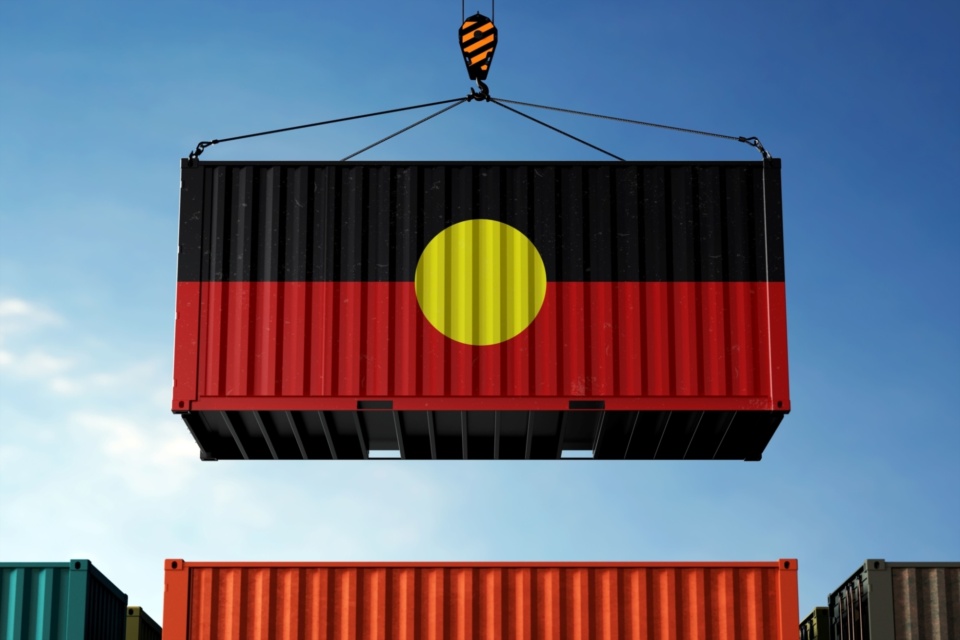National giving campaign launched - updated
Posted on 28 May 2025
A national philanthropy campaign aimed at redefining how Australians can give more to help those…
Posted on 29 Jun 2023
By Greg Thom, journalist, Our Community

The federal government has streamlined the process for some charities wishing to apply for deductable gift recipient (DGR) status, potentially slashing approval periods from up to two years to just one month.
The legislative changes apply for organisations applying under four unique DGR registers currently administered by federal ministers through departmental registers:
The four groups will now be added to the 48 DGR categories under which an organisation may be eligible for endorsement as a DGR currently administered by the Australian Taxation Office.
Assistant Minister for Charities Andrew Leigh said the changes were part of the Albanese government’s commitment to boosting philanthropy and supporting a vibrant charitable sector.
“The Australian Government has been identifying ways to make life easier for Australia’s registered charities,” Mr Leigh said.

“Charities should get tax deductibility status based on the quality of their work, and whether they match the requirements of the category, not depending on whether they match an individual Minister’s idea of public benefit.”
The reforms introduced under the Treasury Laws Amendment (Refining and Improving Our Tax System) Act 2023, will take effect from 1 January 2024.
Mr Leigh said the amendments will make all DGR categories consistent in administration, reducing the regulatory burden imposed on endorsed organisations by streamlining the application process and aligning reporting requirements with the other DGR categories.
In welcome news for charities, the change is also expected to reduce the time to obtain DGR status for organisations applying under the four DGR registers from up to two years to around one month.
The sensitivity around tax-deductible giving status was highlighted in the recently released 9th edition of the Australian Charities report, with figures from the 2021 reporting period revealing just 41.5 per cent of charities had obtained DGR status from the ATO.
The report’s findings confirmed DGR-endorsed charities are more likely to receive donations.
The government stressed eligibility for DGR status is not intended to change because of the reforms.
The legislation contains transitional provisions to ensure that organisations currently endorsed as DGRs under these four registers will continue to be endorsed, so long as they continue to meet the existing eligibility criteria.
More
Posted on 28 May 2025
A national philanthropy campaign aimed at redefining how Australians can give more to help those…

Posted on 05 Mar 2025
This year’s social impact high achievers come from a family dispute resolution service, a…

Posted on 05 Mar 2025
An alarming epidemic of weaponised gender-based violence is silently escalating in the shadows of…

Posted on 17 Feb 2025
A new report has called for the introduction of a legally enforceable right to housing across the…

Posted on 15 Feb 2025
Bitterly disappointed charities have slammed the passing of new electoral reforms they claim will…

Posted on 14 Feb 2025
The Trump administration's gutting of USAID threatens to undermine decades of progress in…

Posted on 13 Feb 2025
While Australia has had some trailblazing female politicians over the years, the road to political…

Posted on 12 Feb 2025
The election of Donald Trump as US president is an expression of a pervasive cultural shift away…

Posted on 11 Feb 2025
Charity and not-for-profit organisations have banded together to voice their concerns that the…

Posted on 10 Feb 2025
The hiring Indigenous business managers by non-Indigenous businesses can help close the employment…

Posted on 10 Feb 2025
The targeting of a Geelong food relief charity by brazen thieves who cleaned out the organisation's…

Posted on 10 Feb 2025
Australian parents are banding together to ensure their kids are not robbed of their childhoods by…